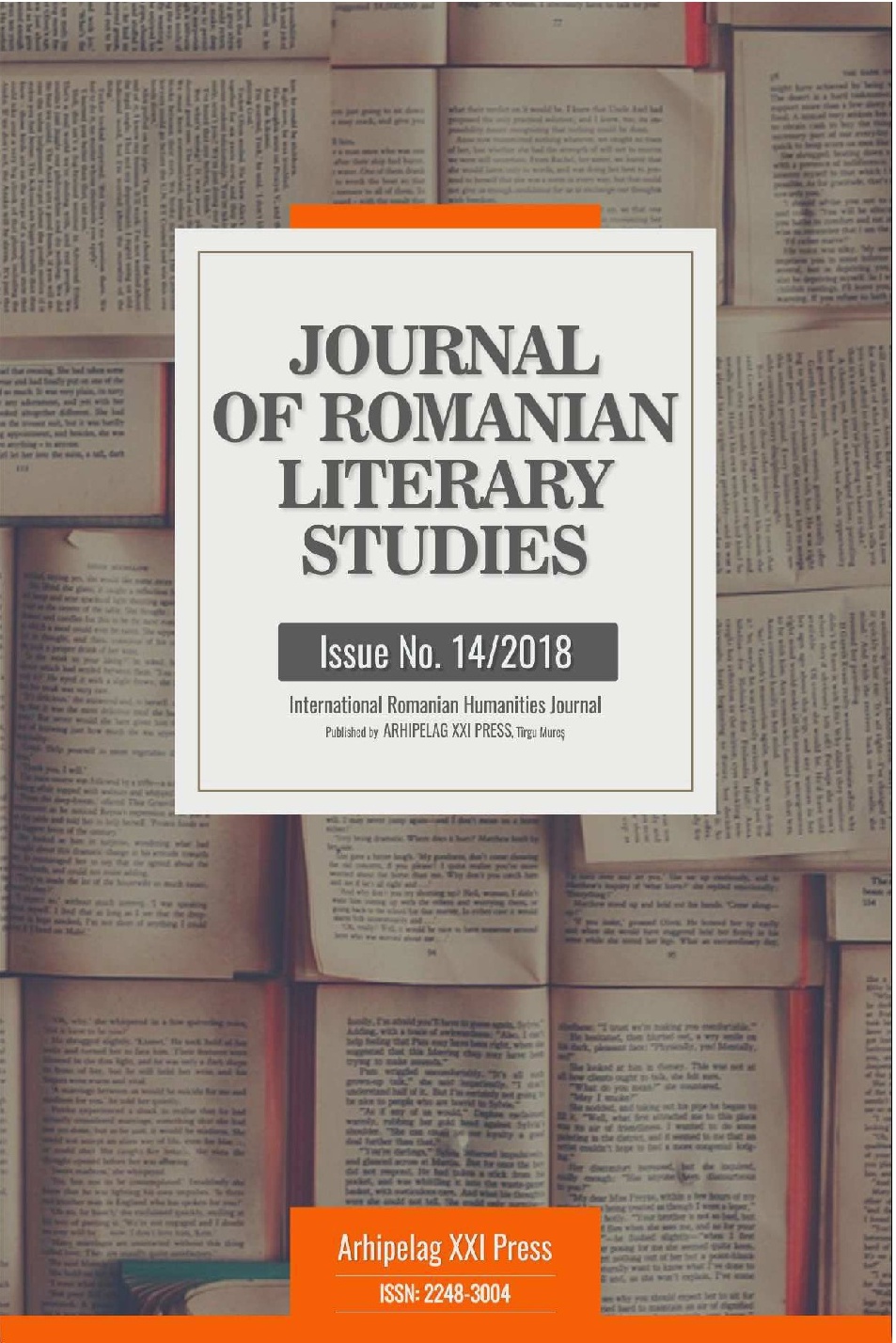EQUIVALENCE/ ANALOGY IN COMMON VOCABULARY, ABSOLUTE COGNITIVE SYNONYMY IN SPECIALISED VOCABULARY
EQUIVALENCE/ ANALOGY IN COMMON VOCABULARY, ABSOLUTE COGNITIVE SYNONYMY IN SPECIALISED VOCABULARY
Author(s): Doina ButiurcăSubject(s): Lexis, Semantics, Cognitive linguistics
Published by: Editura Arhipelag XXI
Keywords: lexis; terminology; absolute cognitive synonymy; sense etc;
Summary/Abstract: The assertion we start from in our study is that, in the tradition of European linguistics, synonymy was accepted, on one hand, as a relation of semantic equivalence (two words can replace one another, regardless of context), on the other hand, as an extension of the sense of the analogy. Our sphere of research is excerpting synonymy from a descriptive perspective at the level of common vocabulary and specialised vocabulary (as general objective). The approach is a contrastive one, and among the derived objectives we find the definition of synonymy, the relationship between common – specialised vocabularies in the treatment of synonyms, semantic expansion and neutrality, the typology of terminological synonyms. The novel concept we propose and illustrate is that of absolute cognitive synonymy. One of the conclusions of the study is that the dynamics of current terminology justifies the presence of synonymy relations at different levels of specialised communication. Secondly, the insertion of numerous new senses into a base word belonging to common vocabulary has theoretical consequences on the traditional definition of synonymy and, in practice, marks the differences necessary in different language registers.
Journal: Journal of Romanian Literary Studies
- Issue Year: 2018
- Issue No: 14
- Page Range: 86-95
- Page Count: 10
- Language: Romanian

